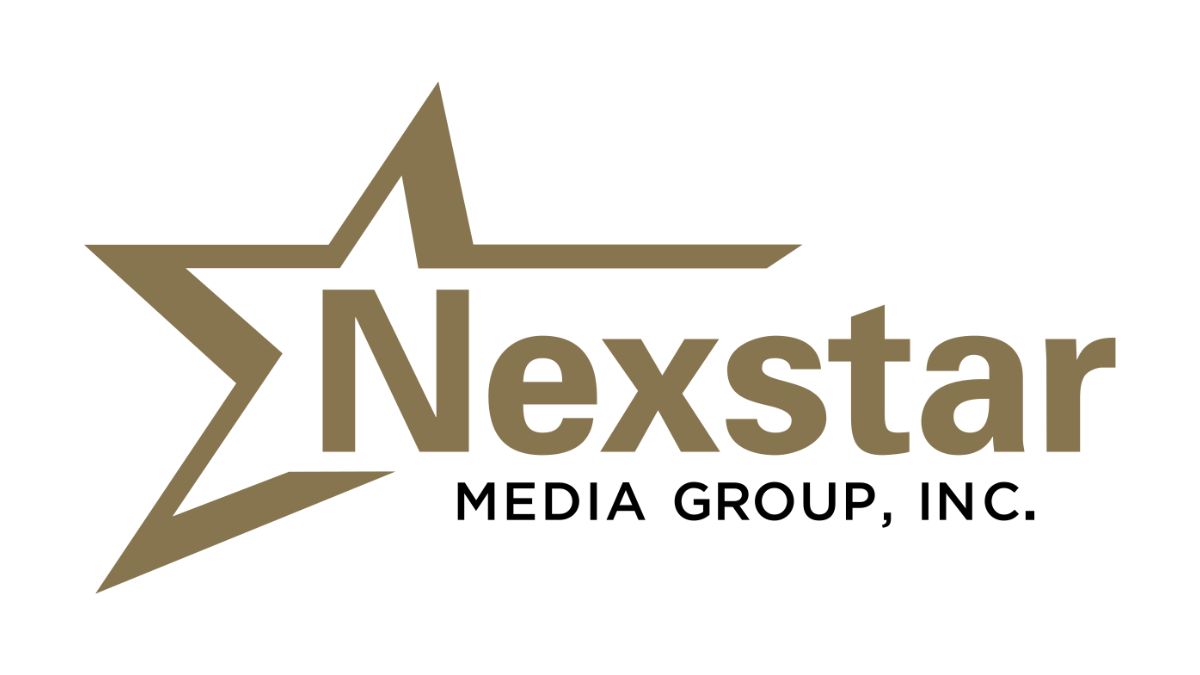Last week, Nexstar Media Group formally asked the Federal Communications Commission for permission to acquire TEGNA, transferring all of TEGNA’s broadcast television licenses to Nexstar. In the request, Nexstar argued for waivers of rules that limit the number of stations that one company can own.
President Trump gave his opinion of the acquisition this weekend, posting on Truth Social, “If this would also allow the Radical Left Networks to “enlarge,” I would not be happy. ABC & NBC, in particular, are a disaster – A VIRTUAL ARM OF THE DEMOCRAT PARTY. They should be viewed as an illegal campaign to the Radical Left. NO EXPANSION OF THE FAKE NEWS NETWORKS. If anything, make them SMALLER! President DJT”
Nexstar has now released its own statement in response. “We continue to believe that the landscape is ripe for regulatory reform and that we are on the path to completing our transaction. We agree with President Trump that the status quo is no longer acceptable, nor should the government do anything to strengthen the stranglehold of legacy media and Big Tech on the marketplace of ideas. Those platforms already reach into every pocket, purse, and backpack in America, and the best way to disrupt their monopolistic power is to allow local broadcasters an opportunity to compete on a level playing field. Americans want more access to local news and a variety of voices without the filter of the coastal elites. By modernizing the FCC’s rules, regulators will ensure that local communities benefit from an array of fact-based local journalism—the anti-fake news—for years to come. This is an historic opportunity to change the status quo and deliver a win for Americans across the country who are weary of legacy media’s leverage over local broadcasters.”
Reports about Nexstar’s intention to acquire TEGNA came out in August. Nexstar is already the largest local television broadcaster in the U.S., and owns or operates over 200 stations across 116 markets. TEGNA operates 64 stations in 51 markets. FCC Broadcast Ownership Rules say that an entity cannot own more than one of the top-four rated stations in the DMA based on audience share. However, the FCC has been considering reversing that rule.
